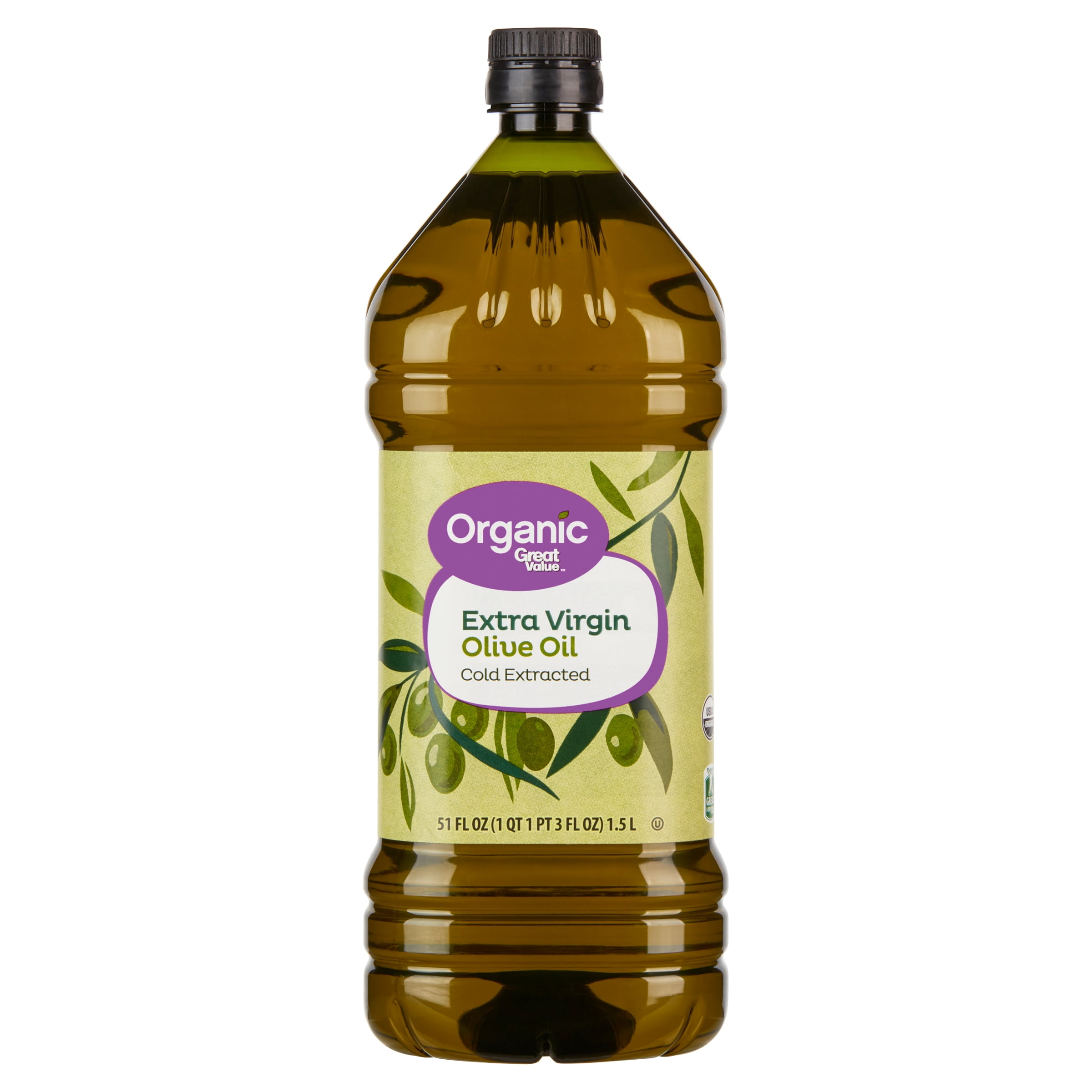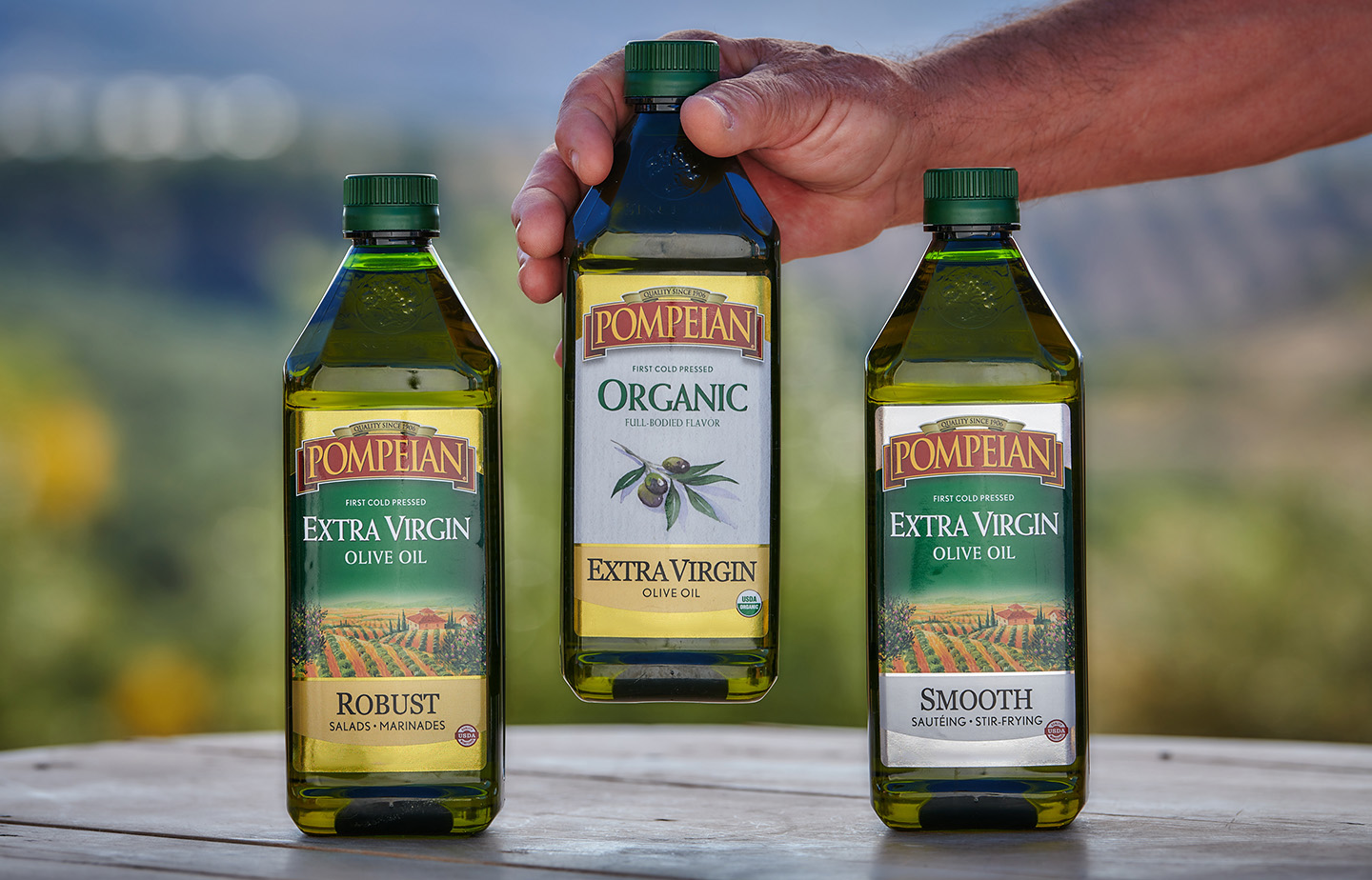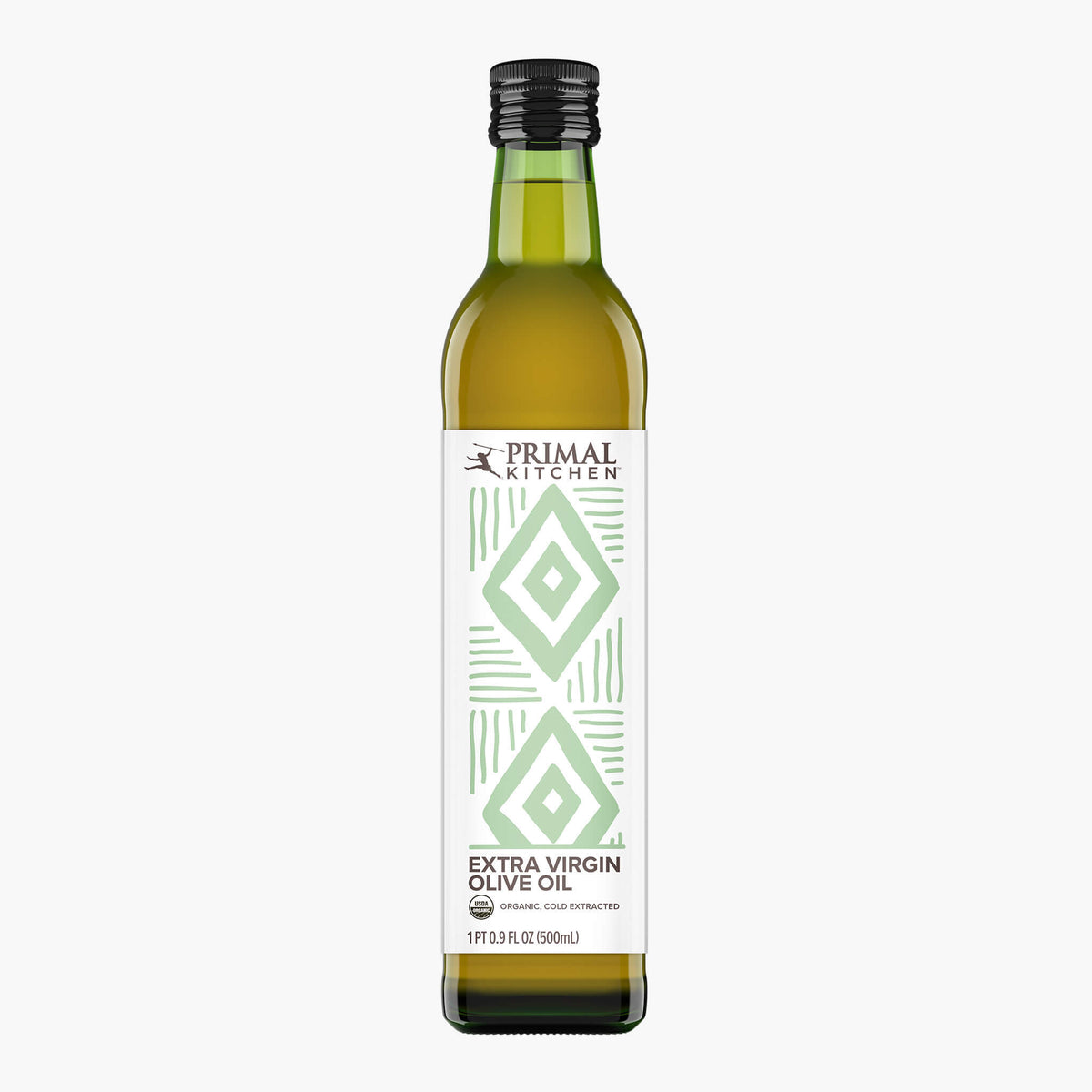Exploring the Various Kinds Of Olive Oil and Their Uses, Consisting Of Additional Virgin Olive Oil
The exploration of olive oil encompasses a varied range of types, each offering distinctive flavors and culinary applications. Extra virgin olive oil, renowned for its remarkable top quality and health benefits, offers as a staple in many cooking areas, yet it is only one aspect of this diverse active ingredient.
What Is Olive Oil?
Stemmed from the fruit of the olive tree, olive oil is a staple in Mediterranean cuisine and a crucial component in numerous cooking applications. This versatile oil is produced by pressing whole olives, causing a fluid that varies in flavor, color, and scent relying on the kind of olives used, the region of farming, and the extraction process. Olive oil is predominantly composed of monounsaturated fats, particularly oleic acid, which is known for its prospective wellness benefits, consisting of anti-inflammatory residential or commercial properties and cardiovascular support.
In addition to its culinary uses, olive oil has a lengthy history of application in standard medicine and skincare, owing to its rich antioxidant content (extra virgin olive oil benefits). The oil is commonly used in dressings, marinates, and for cooking approaches such as sautéing and roasting. Its distinct taste account can improve the taste of different dishes, making it a vital component for both home cooks and professional cooks
In addition, olive oil is commemorated for its function in the Mediterranean diet, which is related to numerous wellness benefits. As awareness of these benefits expands, olive oil continues to gain appeal worldwide as an essential element of a healthy way of living.
Sorts Of Olive Oil
Comprehending the various kinds of olive oil is vital for both health-conscious customers and cooking lovers. Olive oil is classified mostly based on its extraction approach and high quality, which significantly impacts its flavor, scent, and wellness advantages.

Light olive oil, despite its name, describes a lighter taste and not reduced calories. It is optimal for those seeking an extra refined taste in sauces and dressings. Furthermore, there are flavored olive oils instilled with natural herbs, spices, or citrus, which can enhance recipes without the requirement for additional flavoring.
Each type of olive oil serves details cooking purposes, and recognizing these distinctions allows customers to make informed selections that line up with their cooking designs and health objectives.
Additional Virgin Olive Oil
Bonus virgin olive oil (EVOO) is commonly considered the highest top quality olive oil offered, popular for its rich taste and various wellness benefits. To be identified as additional virgin, the oil has to be produced from fresh olives making use of mechanical processes, without using solvents or excessive warm. This meticulous technique maintains the oil's natural tastes, anti-oxidants, and healthy fats, causing a product with a low level of acidity level of less than 0.8%.
EVOO is bountiful in monounsaturated fats, particularly oleic acid, which is linked to lowered inflammation and enhanced heart wellness. It also consists of polyphenols, effective antioxidants that may supply protective impacts versus persistent diseases. The flavor profile of EVOO can a fantastic read differ significantly depending upon the olive selection and area of production, ranging from verdant and fruity to durable and sharp.

Culinary Uses of Olive Oil

In cooking, olive oil can be used for sautéing, roasting, and cooking, giving a much healthier option to butter or other fats. Its high smoke point makes it suitable for numerous cooking approaches, while its anti-oxidants add to a heart-healthy diet. Drizzling olive oil over ended up recipes, such as pasta, fish, or barbequed vegetables, can elevate tastes and include a touch of this beauty.
Additionally, olive oil plays a considerable role in cooking, where it can change conventional fats in recipes for bread and breads, presenting moisture and a refined preference. It also offers as a base for instilled oils, enabling cooks to trying out flavors such as garlic, herbs, or chili, better broadening its culinary possibility. Generally, olive oil's flexibility makes it indispensable in both home and specialist kitchen areas.
Choosing High Quality Olive Oil
When selecting top quality olive oil, it's vital to consider numerous essential variables that influence the item's health, flavor, and fragrance advantages. Most importantly, go with added virgin olive oil (EVOO), which is stemmed from the initial cold pressing of olives and has the highest degree of antioxidants and useful substances. Seek oils that are certified by acknowledged companies, as this often guarantees adherence to rigid top quality standards.
The packaging likewise plays a considerable duty in preserving the oil's integrity. Select oils kept in dark glass containers or tins to shield versus light degradation. Focus on the harvest date; fresher oils use premium taste and dietary worth, so pick items that are within 18 months of their harvest.
Be conscious of the taste; an excellent top quality olive oil must have a balance of fruity, bitter, and peppery notes, showing its splendor and complexity. By evaluating these variables, you can guarantee you are selecting the best olive oil for your cooking requirements.
Conclusion
In recap, the exploration of numerous types of olive oil discloses distinct features and applications, with additional virgin olive oil standing for the pinnacle of top quality due to its low level of acidity and high antioxidant web content. Understanding the various varieties of olive oil enables for educated choices in food preparation approaches, promoting much healthier techniques while enhancing the total gastronomic experience.
Derived from the fruit of the olive tree, olive oil is a staple in Mediterranean cuisine and a crucial ingredient in different cooking applications.The most usual types of olive oil include improved olive oil, pure olive oil, and light olive oil.Extra virgin olive oil (EVOO) is widely related to as the highest possible quality olive oil offered, popular for its abundant flavor and various health and wellness advantages. Opt for extra virgin olive oil (EVOO), which is obtained from the initial cool pressing of olives and includes the greatest degrees of anti-oxidants and advantageous compounds.In summary, the expedition of different kinds of olive oil discloses distinctive characteristics and applications, with extra virgin olive oil representing the pinnacle of high quality due to its low acidity and high antioxidant material.
Comments on “Extra Virgin Olive Oil Benefits: Why It’s Essential for Your Mediterranean Diet”